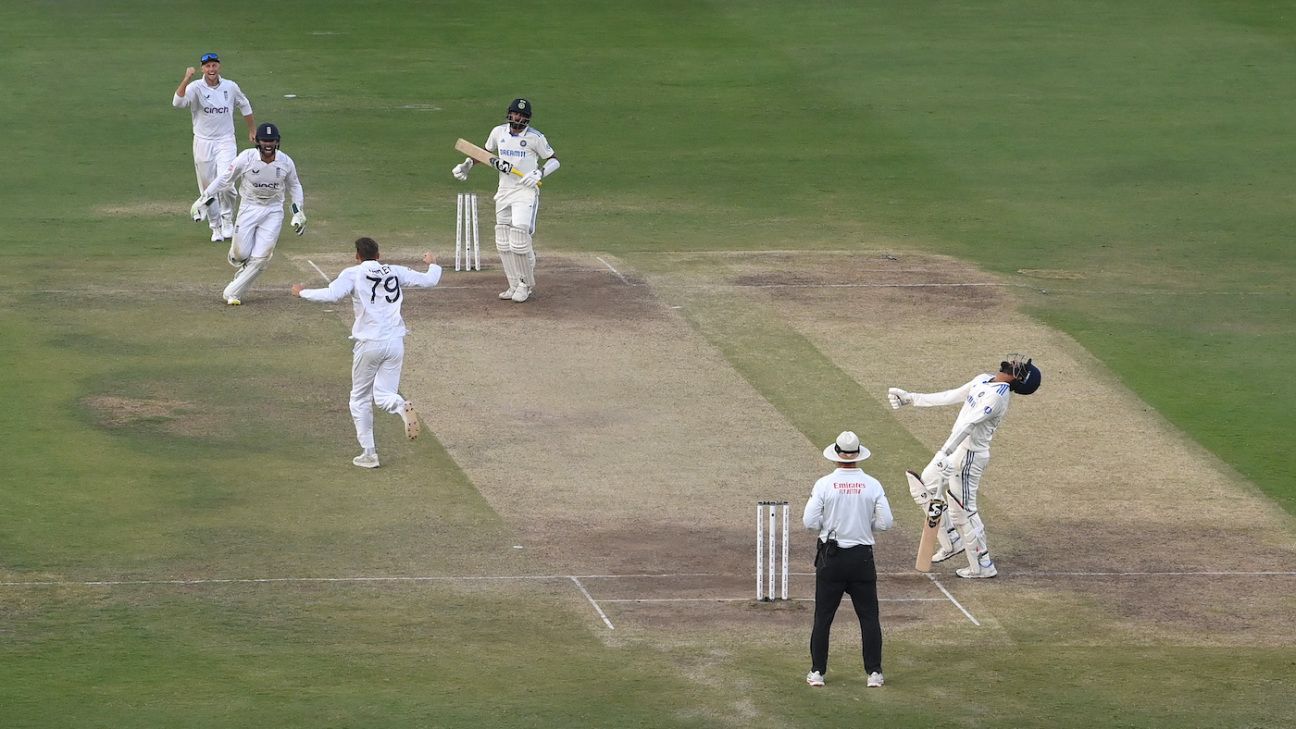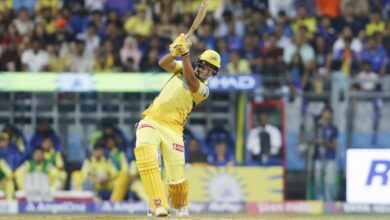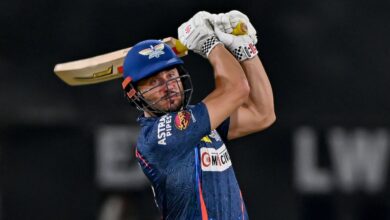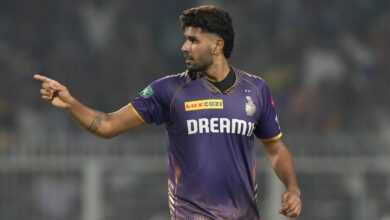“I thought we left probably 70 runs on the board in the first innings. You know, I think in our first innings, when conditions were pretty good to bat in on day two, I thought in the kinds of situations we got ourselves into, some good starts and we didn’t really capitalise,” Dravid said. “We didn’t get a hundred, you know, we didn’t get somebody getting a really big hundred for us. So, in some ways, in India, I just felt we left those 70, 80 runs back in the hut in the first innings.
“Second innings is always going to be challenging. It’s one of those things that, you know, it’s tough. It’s not easy to chase 230 or it’s not done very often.”
Shubman Gill, Rohit Sharma and, to a lesser extent, Shreyas Iyer were among those who were unable to convert their starts into bigger scores in the first innings. Yashasvi Jaiswal, KL Rahul and Ravindra Jadeja did better on that count but all of them were stopped in the 80s. Is this generation of batters not as good as the previous one when it comes to combating spin?
“Look, I wouldn’t be too harsh,” Dravid said. “Rahul missed a really short ball. It just stopped. One of those things can go straight into deep midwicket’s hand. But, like I said earlier, I thought even in the first innings we could have converted some of those starts and probably got us closer to 500 and completely sealed the game. But, having said that, you know, I thought 190 was a really good score, to be very honest with you. But then again, not many teams come in and score 420 in the third innings in India and not many players go 196. So, you know, well done.”
Dravid also said that a majority of the batters in this India line-up were still learning the art of playing the long innings. “A lot of players are quite young, in the sense that a lot of these guys do play a lot of white-ball cricket and also maybe don’t get a lot of time to get to play a lot of first-class cricket as well. So they’re learning and I think they’re getting there.
“To be fair, there have been challenging wickets as well over the last few years. And it’s been a bit of a challenge for some of our young batsmen to adapt. But they’ve got the skill and they’ve got the ability, and they’ve not come here just like that; they’ve come here by scoring a lot of runs in domestic cricket, doing well in A-team cricket. So, you know, they are being picked on merit.
“Sometimes it does take time for people to adjust. They’re working really hard. I will say that, I mean, there’s a lot of thought going into a lot of their batting and for them… it’s just a question of them looking to constantly keep improving and developing skills that maybe help them counter these kind of conditions a little bit better.”
India’s spinners, though, are incredibly experienced. And a lot will depend on them finding a way to counter England batters playing the reverse sweep as if it’s the forward defensive in the next four Tests.
“I haven’t seen a better exhibition of sweeping and reverse sweeping [than Ollie Pope] ever in these conditions against that quality of bowling,” Dravid said. “Having said that, for us now, it’s important that we respond and come up with some plans and some strategies and see how we can maybe make him play those shots from probably even more difficult lengths and be even more disciplined and even more meticulous with our execution.
“Because, I thought a little bit our execution went off. Not by much. Credit to him, but we were a little bit off and hopefully in the next Test match, if we get our execution right, then I hope he makes a mistake.”
Alagappan Muthu is a sub-editor at ESPNcricinfo
Source link




